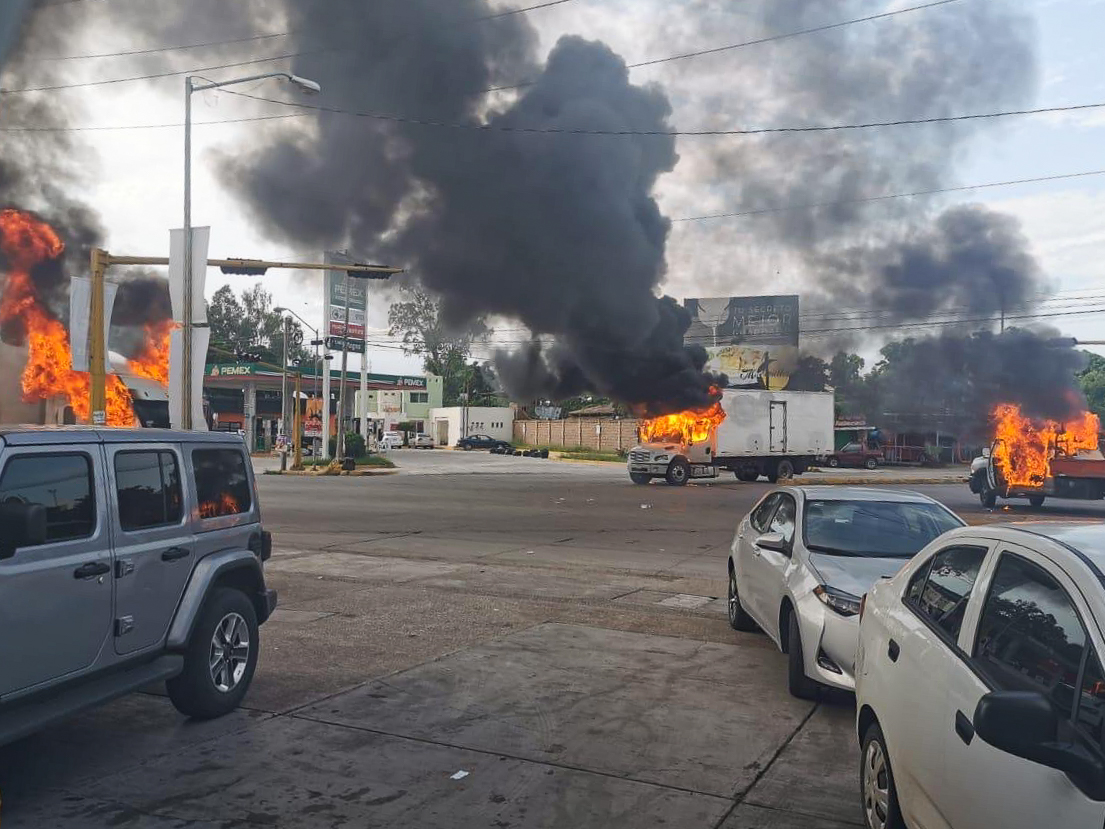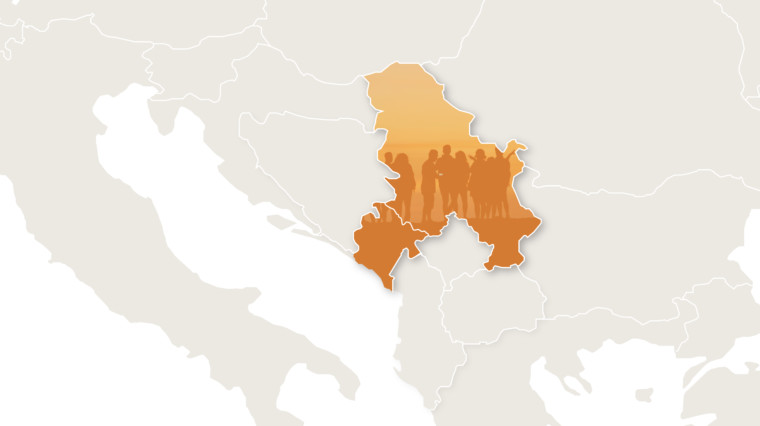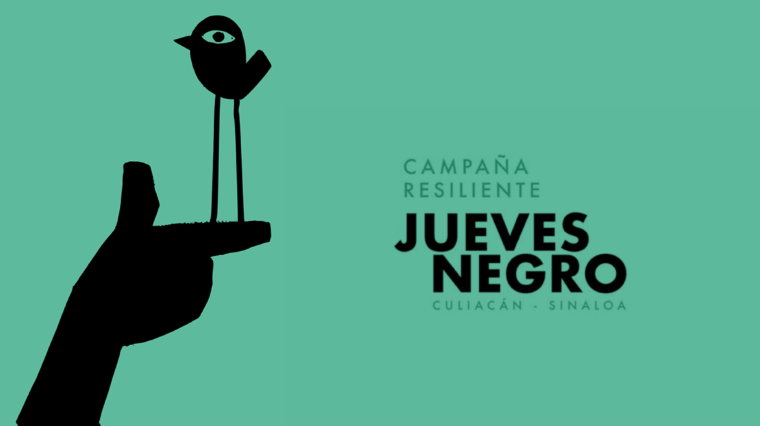Finally, the seeds of a peace agreement for Culiacán?
Published on December 1, 2020
Decades of organized crime have wreaked havoc on this Mexican city. There have been countless murders and victims of violence; an incalculable number of bullets fired; tonnes upon tonnes of drugs produced and sold on the streets; millions of dollars ending up in the pockets of drug traffickers and public servants. And now, despite all of that, the first seed has been planted that may lead to rebuilding society in Culiacán, Mexico.
In the mid-20th century, drug trafficking began to establish a powerful hold over Mexico, taking advantage of corruption and social divisions. With the accumulation of wealth and the multiplication of roles in the trafficking chain (production, distribution, sales, investment), drug trafficking began to reach into all social classes. The path was by far from peaceful: every day, the news reported on those who had been shot dead in the drug wars.
By the start of the 21st century, drug trafficking had become a form of organized crime and spread throughout Mexico (and the rest of the world, for that matter). The year 2008 was a turning point with the break-up of the oldest drug cartel, the Sinaloa Cartel. As drug trafficking expanded geographically and became more organized, society became divided and fearful. The city of Culiacán became defined by two opposing states: that of barbarism on the one hand and reason on the other.
On 17 October 2019, the Mexican armed forces suffered, arguably, their greatest defeat in battle. While attempting to apprehend Ovidio Guzmán, one of drug baron Joaquín Guzmán’s sons, members of the National Guard were surrounded by cartel members. The city was besieged, with residents trapped in the combat between legal and illegal forces. In the end, the authorities decided to abort the operation and allow Guzmán to go free, arguing that this would prevent the loss of civilian life.
This event’s effect on society is ambiguous. There are those who believe that people who had, until then, sympathized with drug trafficking felt betrayed. However, the criminal world goes on as though nothing had happened.

And yet, something did happen. On 15 October 2020, civil-society organizations and the Secretariat of Public Safety signed the Culiacán Peace Agreement, which aims to build a path towards a culture of legality with collaboration between society and the government. The document states that:
A culture of illegality and violence has permeated the social conscience for so many years that a whole range of actions are required to position a culture of legality as the fundamental incentive for achieving peace and development. And to inspire in people the desire to live according to the rule of law, which has its own rewards. This is a first step. A first achievement that should motivate us to strive for others, as more members of civil society and the government become engaged in building positive incentives. Working as a united society to create peace.
Civil-society organizations Consejo Estatal de Seguridad Pública, Sabuesos Guerreras and Construyendo Espacios para la Paz joined the project created by the Global Initiative Against Transnational Organized Crime, the Resilience Fund and Iniciativa Sinaloa, a non-profit organization promoting transparency in government and access to public information. Media outlet Grupo Editorial Noroeste, researcher Iliana Padilla and Secretary of Public Safety Cristóbal Castañeda also took part.
This agreement is the first of its kind in Sinaloa. It is inspired by the anti-mafia efforts of late 20th-century Palermo society led by then mayor Leoluca Orlando. While it does establish initial commitments – such as the strengthening of programmes to support young people with repeat misdemeanours (or summary offences), and the implementation of the Professional Service Programme in police forces – the fundamental commitment is to organized, transparent and measurable work.
These are the agreed-upon commitments embodied in the Culiacán Peace Agreement:
- To work according to the principles of collaboration, solidarity, proactive transparency, maximum public awareness, responsibility and integrity.
- To develop a work plan with the aim of fulfilling these initial commitments, and to generate and promote positive incentives to create awareness of the culture of legality.
- To create an operating committee for the management and monitoring of the agreement.
- To incorporate more civil-society actors and government entities into the agreement.
- To raise funds for the sustainability of the agreement and the work plan.
- To track the execution and results of the work plan.
To proactively share with society at large the progress and results of the action plan.
Without a doubt, this agreement is symbolic, but that does not make it any less significant. It is the seed, which, if nurtured with persistence, effort, honesty and collaboration, can change the history of a city damaged by organized crime.
If we bring the state to where it is absent, the culture of legality will be able to flourish again. But we need to prioritize that work. The Culiacán Peace Agreement gives us hope, but it is also a challenge: Culiacán must want that change.
About the author
Francisco Cuamea Lizárraga is a Mexican journalist. For 18 years, Cuamea worked as a reporter and managing editor in Noroeste, a Sinaloa newspaper. His work has also been published in The Washington Post and Newsweek. Cuamea is one of the founding partners of Iniciativa Sinaloa. He has won multiple awards in investigative journalism, and in 2014 was selected as a fellow for the Edward R. Murrow Press Fellowship. Currently, Cuamea is working on journalism training, research and strategic-communications consulting in Mexico and Central America.



